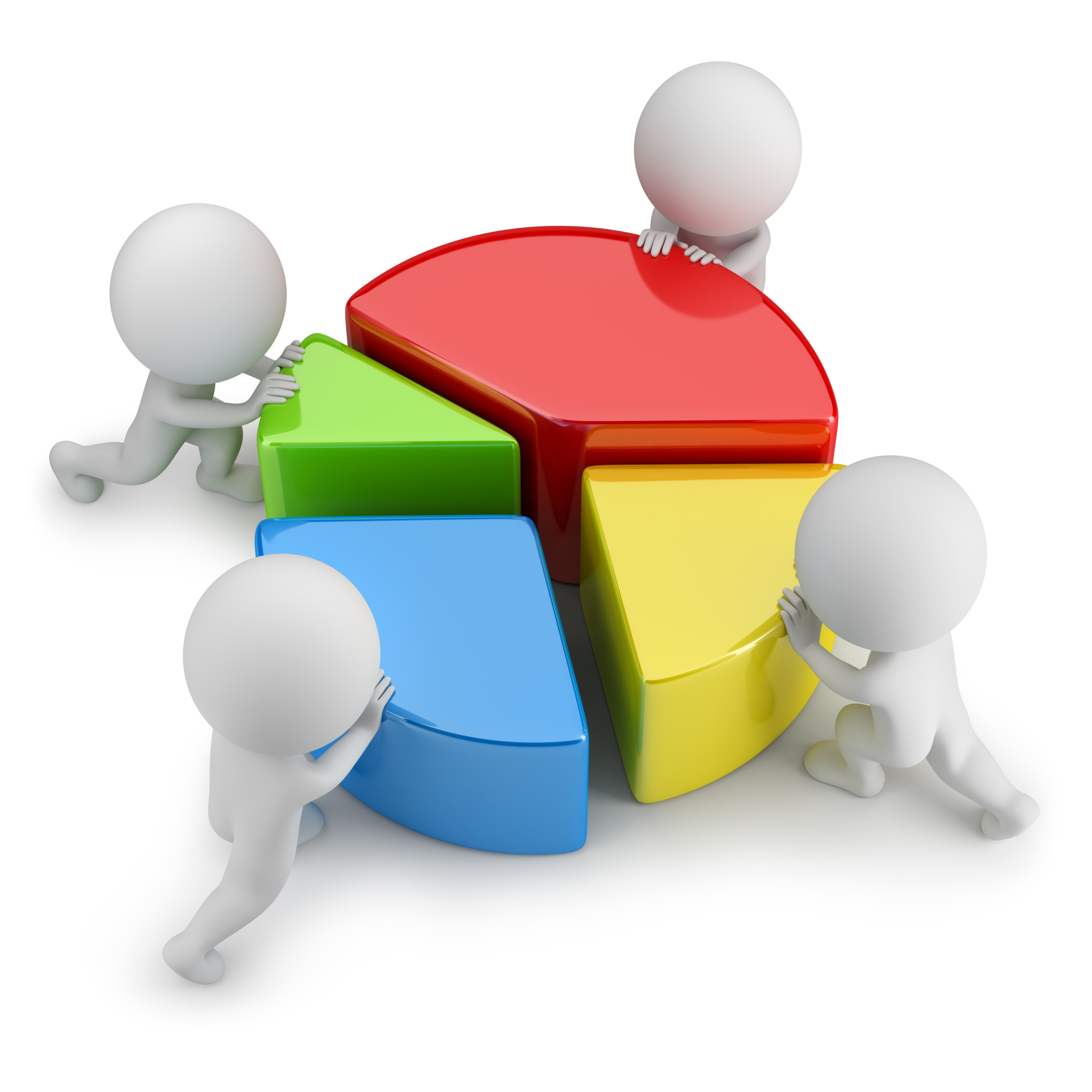Ours is a retail type of business. We had a very hectic holiday season. We went from standing around wondering what to do with our time, to being unable to service everyone and watching potential customers walk out the door. The next hectic time will probably be Valentine’s Day. Any suggestions on how we might maximize flow and handle this better next time?”
Figuring out how to keep up is a challenge for every retail business. You can add greeters. Use your website and historical data to plan staffing. Shift players around to maximize flow. Develop a holding area. Keep in mind that in retail, especially for larger ticket prices, customers typically make 3 visits before buying. Those three visits may not all be to your store. How customers are handled on their visit to your store, however, will go a long way to determining if your store is the place customers return to, once they are ready to buy.
Add greeters to make potential customers feel welcome and comfortable. Many times businesses make the mistake of thinking that everyone who talks to the customer has to be highly knowledgeable about the company’s products or services. Instead, use greeters to keep potential customers occupied until someone with more skill frees up. Students off for the holidays are perfect for the job, and come at a very affordable price.
Use your website and historical data to predict peak and valley times. We find that our potential customers shop, walk in or pick up the phone to call us with questions at very specific times during the day. We want to be sure we have enough people to handle the load at peak times. If peak time is 12 noon, and 4 pm, schedule people to come in later, take lunch at 2, and stay later in the day.
Assign someone to watch what’s going on throughout the store. Make sure that person is as good as, or better at organizing staff as they are at pitching in to handle customers. They need to focus on the overall of job of insuring every customer is served by directing staff from one peak area to another. They can only do that if they can keep their overall perspective.
Know your people. Some people are better at handling quick transactions, while others can work a potential customer through a maze of choices. If a department gets overloaded with buyers, send in staff people who are quick on the register to help ring up sales. If another department has lots of lookers but few buyers, send in staff who are good at helping customers evaluate and make choices.
Educate your staff on the importance of finishing with one customer before starting in with the next one. I recently watched a sales clerk got overwhelmed trying to handle a customer face to face, as they picked up a phone that wouldn’t stop ringing. The face to face customer became impatient, so the sales clerk asked the person on the phone to hold on. The face to face customer was handled but remained annoyed at having to be interrupted in favor of a phone call. And the phone customer went away after being left on hold too long. The moral of the story is, don’t try to do 2 things at once if you can help it. Finish with one customer before you start in with the next.
Think about building a holding area where customers can occupy and entertain themselves while waiting for assistance. Ask customers to log themselves in, or give them a kiosk or computer to search on-line. You can educate customers on the history of the business, have a display of how your products are made, or have a play area for children. You may even invite in another retailer who offers a complimentary service or product. Some companies install TVs with music DVDs, live news or Infomercials. The list is endless. Use your imagination. The objective is to keep the customer occupied. That way time goes by quickly and the customers stay put without getting restless until you can get to them.
When deciding what to spend your money on, compare the value of lost sales with the cost of staffing up to retain sales. If you can increase purchases, lower staff costs with interns and students and selective staff for only peak hours, you may have a winning combination. Make it easier for temporary staff to handle customers by having holding areas with good entertainment and by laying out the store so that people naturally flow from one area to the next. Prevent staff burn out by rotating people around from high to low intensity activities. Good luck with Valentine’s Day!
Looking for a good book? Try Why We Shop, Emotional Rewards and Retail Strategies by Jim Pooler.

